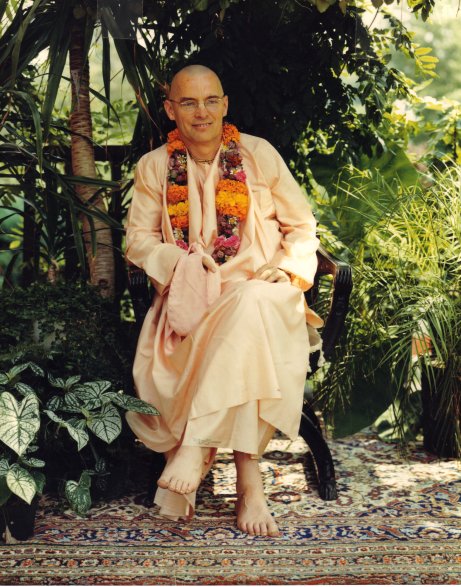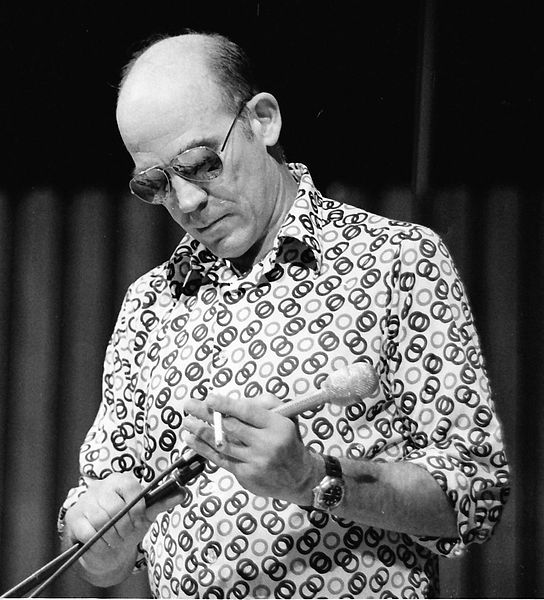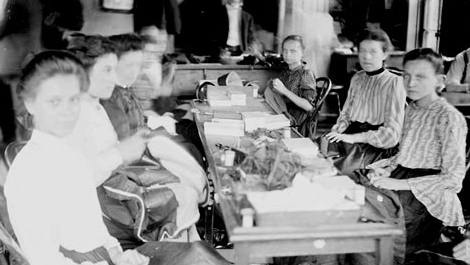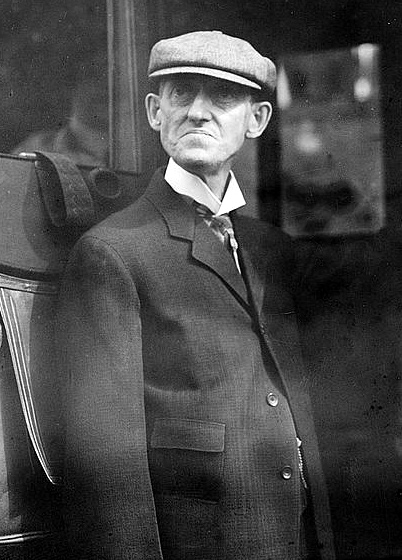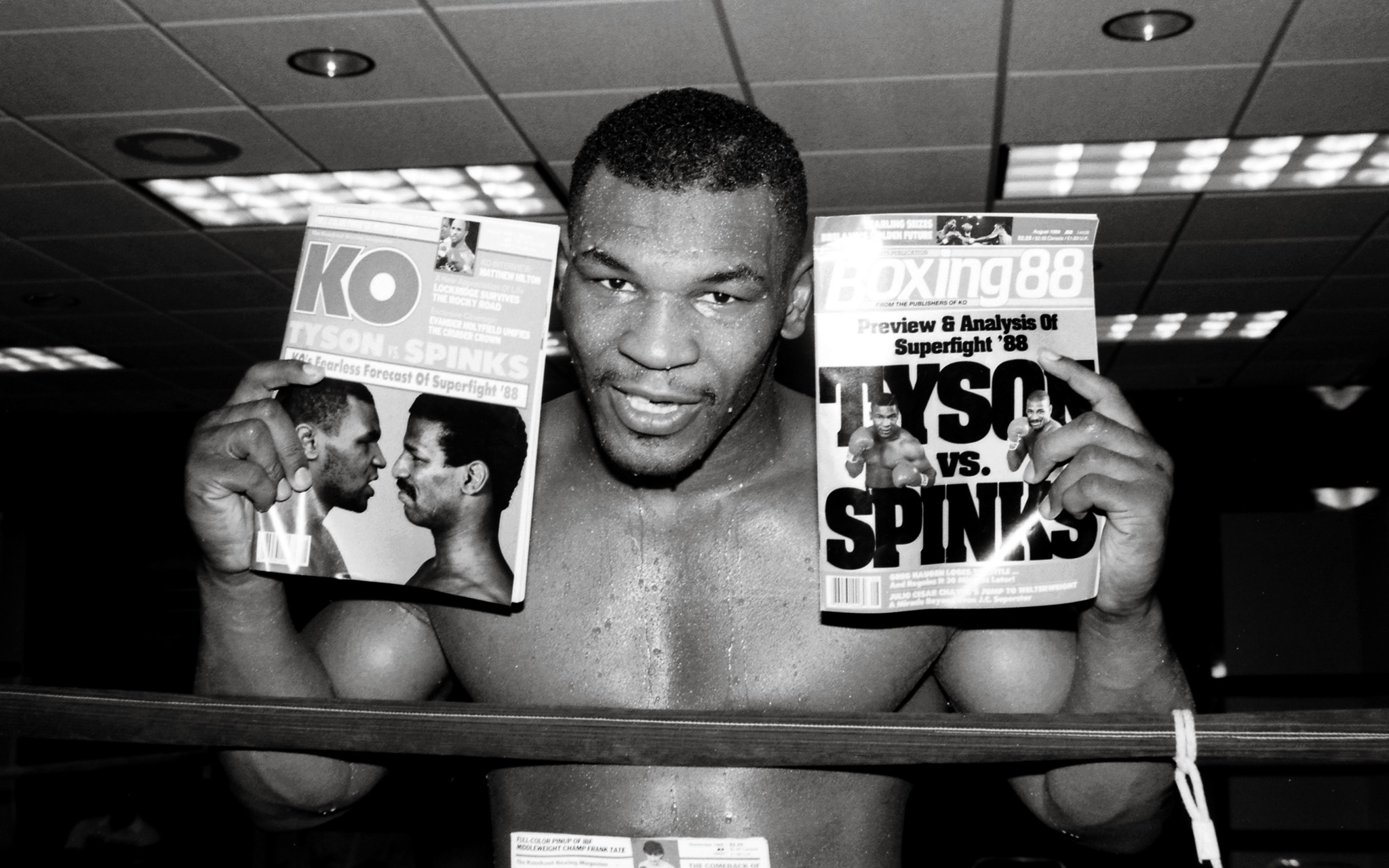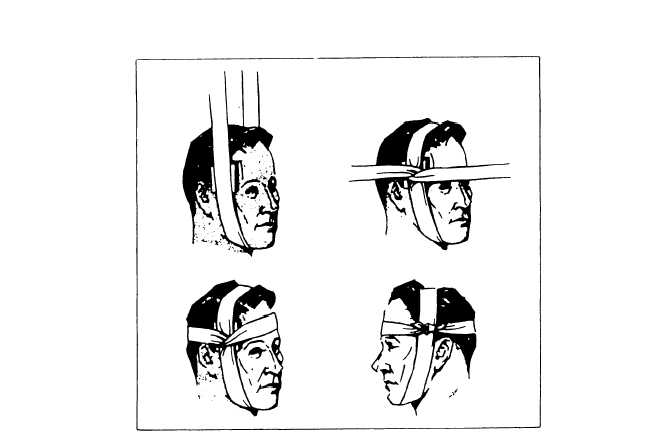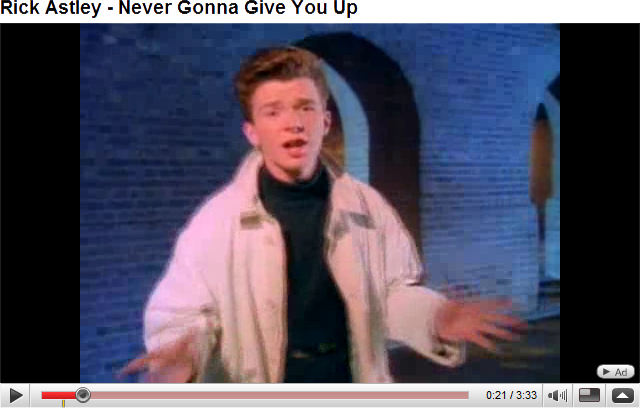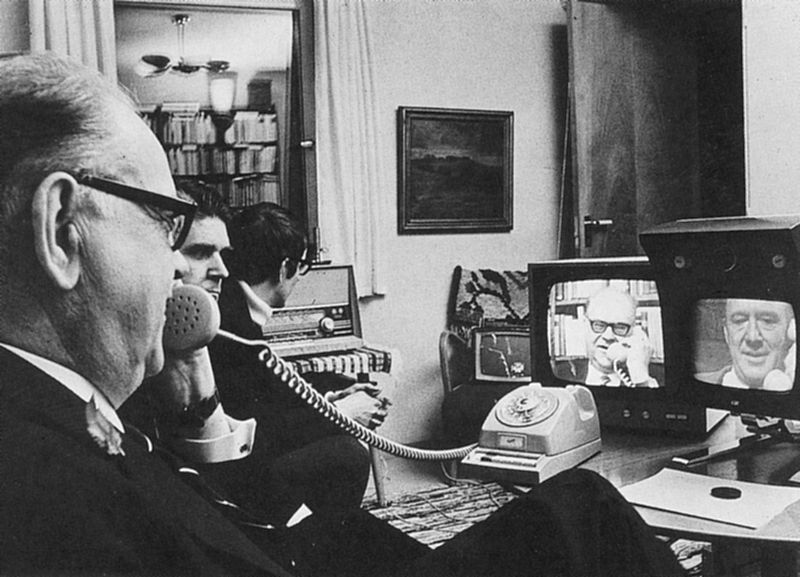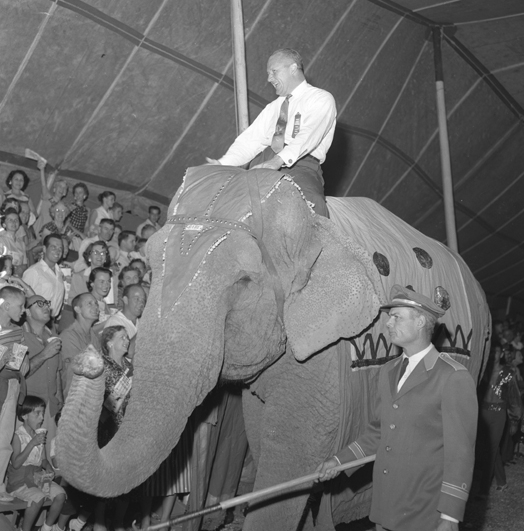
In this classic, uncredited 1958 Los Angeles Times photo, California’s Senator William Knowland rides an elephant at a circus in Orange County. Knowland was long a GOP power and nemesis of Richard Nixon. Sixteen years after this picture was taken, Knowland, awash in financial and personal troubles, took his own life. From the book, One Step From The White House:
“On Saturday morning, February 23, 1974, former U.S. Senator William F. Knowland was up early, and had coffee alone in his luxurious Oakland home. He left a note to his wife, saying, “Dear Ann, I will be back in a short time. Bill.” He left two cups and the instant coffee on a table in their Wayne Avenue apartment.
Knowland, publisher of the highly successful Oakland Tribune , drove slowly down Valdez Street; a few minutes later, at about 9 A.M., he guided his two-year-old Cadillac sedan into the company garage. He had a lot to think about. Two days earlier he had been at the right hand of California governor Ronald Reagan as they celebrated his family newspaper’s hundredth anniversary. He liked Reagan personally and agreed with his political views. He had told his political editor that day that Reagan would make a good president, and he would like to work toward that goal. But on this February day, he had a different mission.
He told the attendant at the Tribune garage to put only five gallons of gasoline in the gas tank. Pragmatic. Conservative. Practical. They were all adjectives that had been used often with his name over his lifetime. He didn’t need a full tank. He wasn’t coming back.
The senator eased his bulk back into the Cadillac and drove through the streets of Oakland for the last time. This was the city that he and his father before him had ruled. The Oakland Tribune . The Tower of Power. He must have thought of the days when the mayor asked him for advice before taking any action, when presidents and governors and senators and those who hoped to be presidents and governors and senators stood in line for an interview in the paneled board room on the twentieth floor of the Tribune Tower—the days when his endorsement could make or break a candidate. He must have remembered the glory days of the U.S. Senate.
But today, he traveled north from Oakland along the east shore of San Francisco Bay, across the Richmond—San Rafael Bridge to Highway 101, then north again, pointing toward the small town of Guerneville on the Russian River. Saturday morning traffic was light, and he drove quickly along the freeway.
The problems were insurmountable.
There were the women, the booze, and, yes, the gambling. That was what really finished him. The images of the tables in Las Vegas recently had filled his thoughts with the enormity of the problems he faced. His debts were huge and the payment date was near.
There was his reputation. All of his life, his reputation was the rock that had held everything in place—a political career that took him almost to the White House, his family, his newspaper, his civic life. Nothing else mattered as much as that reputation.
There was Ann, his new wife. She was part of the nightmare that was eroding that precious reputation, grinding him down, making him weak. To Knowland, lost in his thoughts, the eighty-mile trip to the family compound would have passed quickly.
As he drove westward along the Russian River, his speed increased—almost to a reckless level between Guerneville and the compound. The operator of the Northwood Lodge in the tiny hamlet of Monte Rio said he recognized Knowland in the blue Cadillac, looking “like he was on his way to a fire.”
He turned in at the familiar driveway at 19663 Redwood Drive and shut off the engine. He went into the house, then returned to the car briefly, leaving the keys in the ignition. He wouldn’t be needing them anymore.
He apparently had a last-minute thought, perhaps a change of heart. He tried to call the Oakland Tribune on his walkie-talkie radio, but the distance defeated the unit. He tossed the radio as far as he could. Tribune security did not receive any signals on the frequency of Knowland’s transceiver that morning.
He walked deliberately into his bedroom in the compound. A .32-caliber automatic was in a closet. It was lighter than the .45 automatic he had been wearing as an army major in Paris on the day in 1945 when California governor Earl Warren had appointed him to the U.S. Senate.
But it would do the job. Perhaps his memory flickered back to Paris, to his reading about the appointment in Stars and Stripes . It must have seemed so long ago.
He took the gun and went into the backyard, then strode down the steps alongside the half-submerged pier into the cold February water on the north shore of the Russian River. At the edge of the swift-running river, he checked the clip, then fired one shot into the river to assure himself that the pistol was dependable. He fired the second shot into his right temple. The immediate pain was like a hammer, but the greater pain was erased.”


